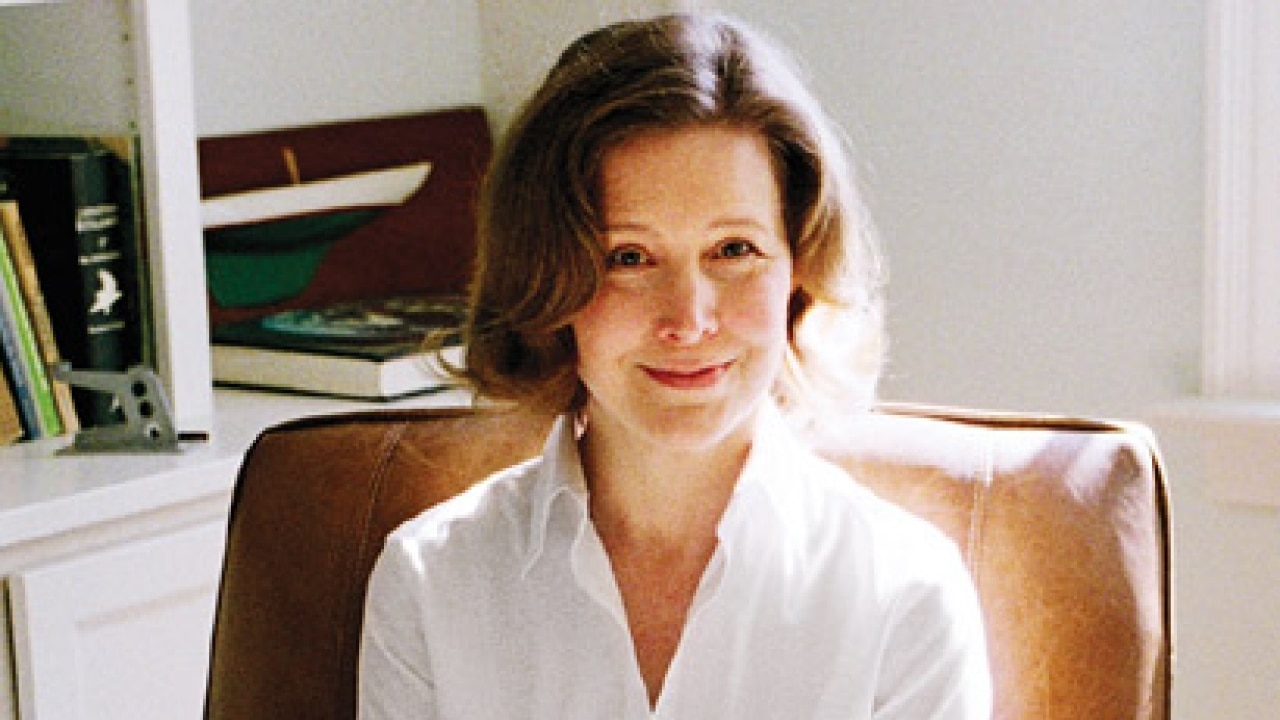
The Orange Prize-winning author’s latest novel State Of Wonder is about doctors researching a fertility drug. In an interview with DNA, Anne Patchett talks about her trip to the Amazonian rainforest, and what it’s like to be 40-something and childless by choice. Excerpts:
Unlike writers who write what they know about, you explore new territory. What does this approach involve?
Writing about what you know is a great idea if what you know is interesting and what I know in my personal life is not very interesting. So it’s important for me to go outside of myself. The fun of my job is making things up and doing research: I’m going to have these adventures that I would never have in my own life.
What brought on the idea for State Of Wonder?
I wanted to write a story about a grown up student who finds her most important teacher again. I started thinking: What did they study? Where will they find each other? I didn’t want to write about the Amazon or about fertility. In fact, the fertility part is really just me trying to come up with what was a very profitable drug for Dr Swenson to be working on, while she was really working on a drug for malaria.
What made you decide to set your book in the Amazon?
I thought about places in the world where there was still malaria and I wanted a region where, besides malaria, there would be a lot of medical possibilities. While their is more malaria in Africa, I didn’t see the possibility for the protagonists to discover a new drug. So they wound up in the Amazon. Then I went to the Amazon.
How was your trip to the Amazon?
For three days, I thought the Amazon was the best place I’d ever been in my life — absolutely magic. But I very quickly got sick of it. I found it claustrophobic. You can’t go anywhere by yourself. The jungle just presses in from all sides. It was really good that I stayed though. I was there for 10 days, long enough to get tired of it. That was the feeling I needed — that overwhelming, sort of claustrophobic feeling.
Why did you choose an Indian heroine?
One of my childhood friends was from Calcutta and she became a pharmacologist. Besides, I wanted the protagonist to have this childhood experience with travel and anti-malaria medicine.
Fertility is a strong theme. How did you come up with this?
It certainly started from what would be a profitable drug. I thought: what drugs would Americans pay a fortune to have? I went through a list and came to fertility.
What is your take on being childless?
In my own life — not that the book is autobiographical — I don’t have children. I’ve spent my whole life with people asking me about it and telling me that at some point I’d want to have children. But I’ve never wanted to have children. People — strangers even — will talk to you about your decisions to have children.
Do you relate to Marina Singh, the 42-year-old who chose not to have kids?
I do relate to that. It’s funny though. Marina is not the character in the book that I relate to the most. I probably relate more to Dr Swenson. She doesn’t have children and she never even gave it a thought. I think I’m more like Dr Swenson… But I’m a lot nicer.